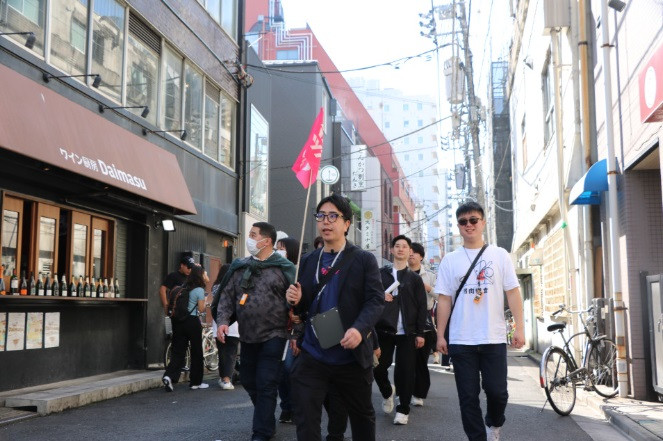
Throughout the 2km, 90-minute trek, the guide will tell harmless made-up stories, from fabricating non-existent brands to enlisting local vendors to chime in with outlandish information, creating a one-of-a-kind experience for visitors.
Leading a small group of tourists to the sidewalk outside a Uniqlo clothing store on a busy afternoon in Asakusa, a male tour guide began his lecture. “The Minato Shokuhin company, famous for its Japanese ginger ponzu sauce, used to have its headquarters here. You must have heard this familiar jingle,” the young guide said, flicking on his portable tape recorder, which played a jingle that is said to be associated with the discontinued sauce.
After the sound ended, one tourist recalled that his grandmother used to hum the tune. “It was very popular with her generation,” the guide agreed, and continued to lead everyone on their exploration .
However, everyone who was there at the time, from tour guides to tourists, knew full well that the story of the discontinued sauce was in fact a lie. The Minato Shokuhin company never existed, and even the jingle that was supposed to be the brand’s symbol was just a random series of sounds. It was clear that the young tourist’s memory of the melody his grandmother used to sing was also not real.
In fact, the group of 16 tourists were participating in “Uso no Tsua,” which means “lie tour” in Japanese. It is a new type of tour that has been a huge success in one of Tokyo’s busiest neighborhoods. The tour, which includes a guide, and images and videos illustrated by artificial intelligence (AI), has raised concerns about the reliability of the information provided. However, tour organizers have assured participants that they can accept the inaccurate information without having to verify it.
The tour’s founder and director, Shigenobu Matsuzawa, is a professional tour guide and former comedy event organizer. Matsuzawa says he “lies” almost the entire time on the tour. At one point, he takes visitors to a tree and tells them that it was the inspiration for the Android tree icon.
Not only is Matsuzawa not alone in his lies, he takes the tour even further by creating a parallel “bogus” world by enlisting local shop owners to make outlandish claims or products, such as cursed cookies and plastic bags sourced from a nonexistent convenience store.
To make the tour more exciting, visitors are also encouraged to make up stories and information related to the topic the tour guide is talking about.
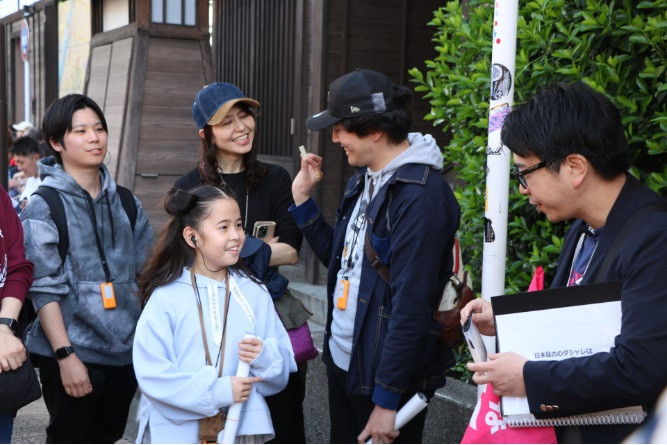
The “boasting” tour started in early March 2024 but quickly attracted attention on social networks. At first, some people were skeptical, thinking that this idea was just a boast. However, the special features of the tour also made many people curious and increased demand. During the first tour operation from March to May, the new tour model attracted about 400 participants.
Soma Ito, a 17-year-old travel blogger, shared her surprising feelings after an experience. “Normally when I travel, I just think about how beautiful or wonderful the destination is, but this time was different. It made me think seriously and filter information, deciding which is false or true. The trip made me think that lying is not necessarily bad and that it can help us feel many different emotions,” Ito said.
Matsuzawa, 41, who runs Maniana Tours with his wife and other friends, said he was amazed by the level of interest in his idea, which “started as a joke.”
Explaining why the idea of a lie tour has become so appealing to tourists, Matsuzawa said that not only himself but also tourists have a broader view of what can be defined as a “lie”.
“If you think about it, most movies and novels are fiction, so they can also be considered lies. This also means that a lot of things that people love are not true. Organizing tours also reminds people that the line between truth and falsehood is very blurry. For example, local legends can be lies but we still share them,” Matsuzawa said.
Not only that, Mr. Matsuzawa added that organizing the tour changed his perspective on how people react to falsehoods.
“Talking to many travelers, they have a habit of saying things that are not true, mainly to entertain their friends and family. I have found that many people consider bragging as the first step in the creative process. We all have to use our creativity to respond to what happens on the trip,” the tour operator shared.
Source: https://baohaiduong.vn/trai-nghiem-chuyen-tham-quan-noi-doi-tai-tokyo-385159.html










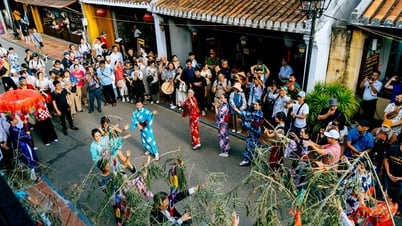

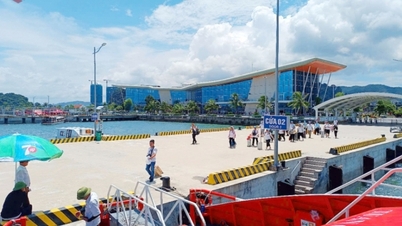



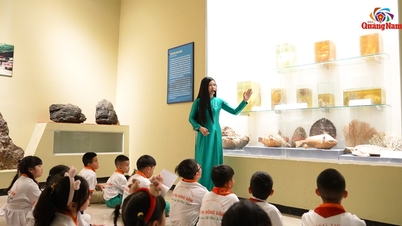



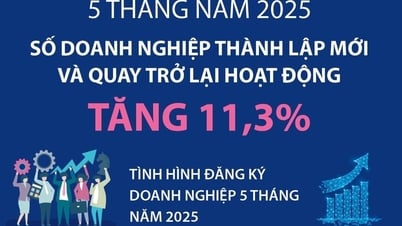
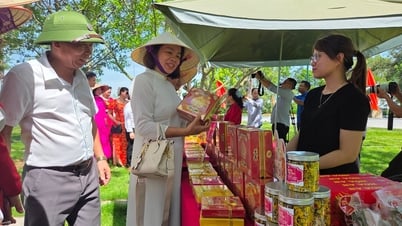
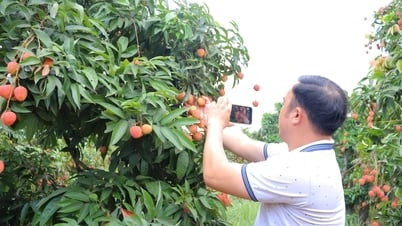
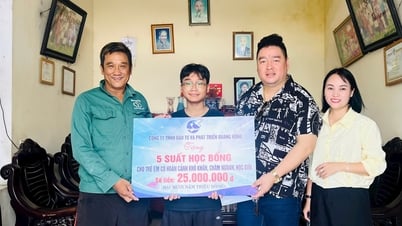









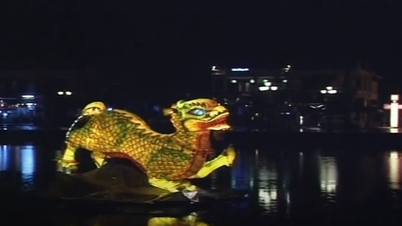

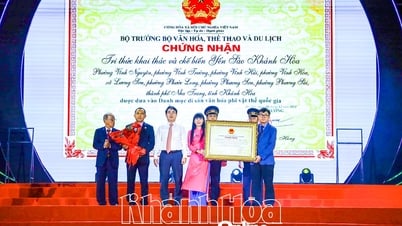

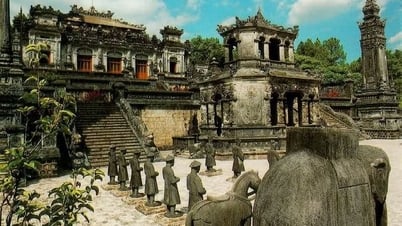

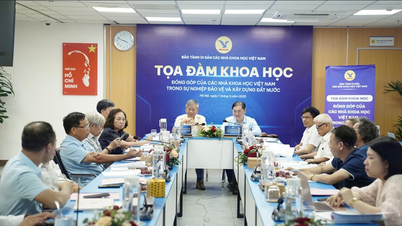












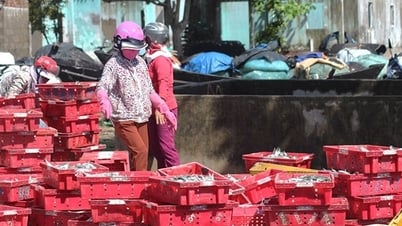




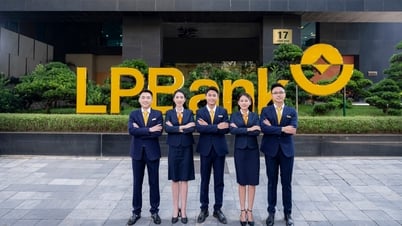










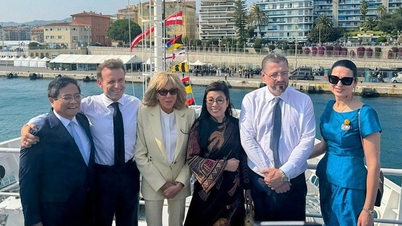


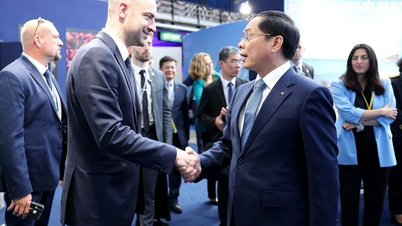



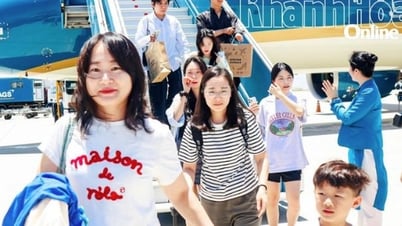
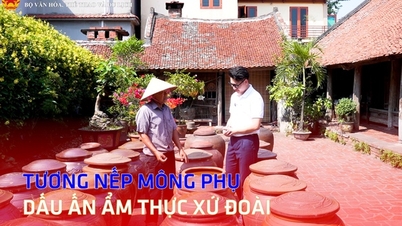
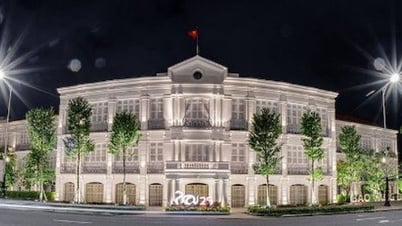
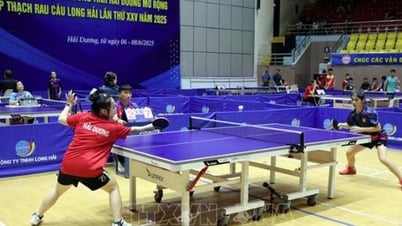

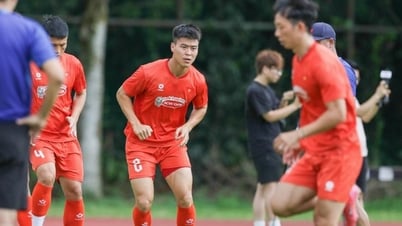


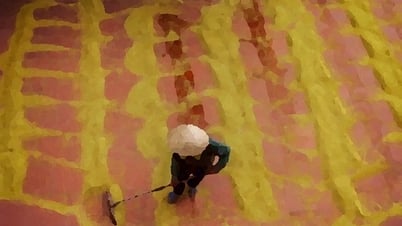





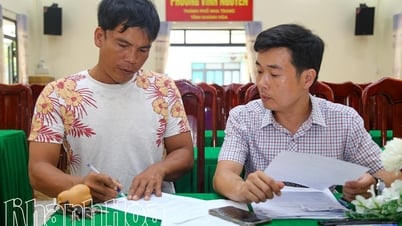
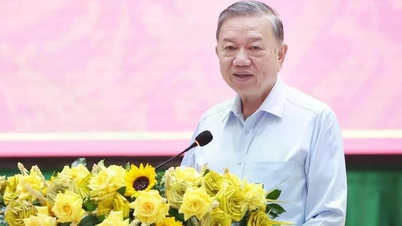

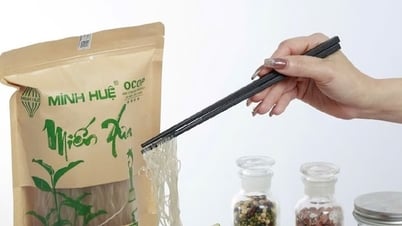

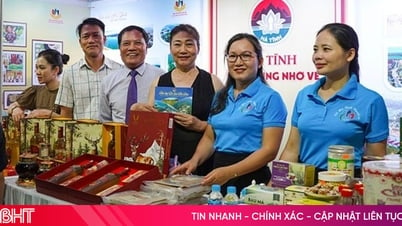
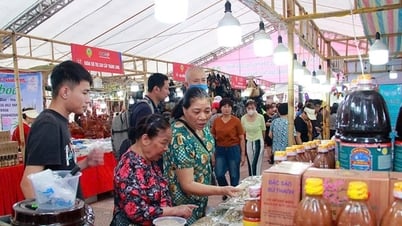


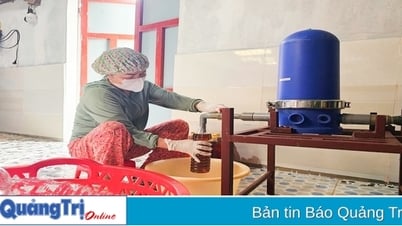

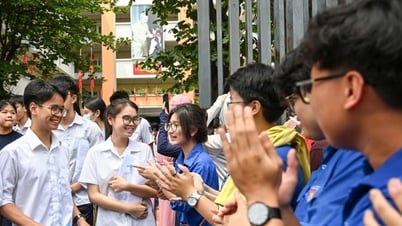

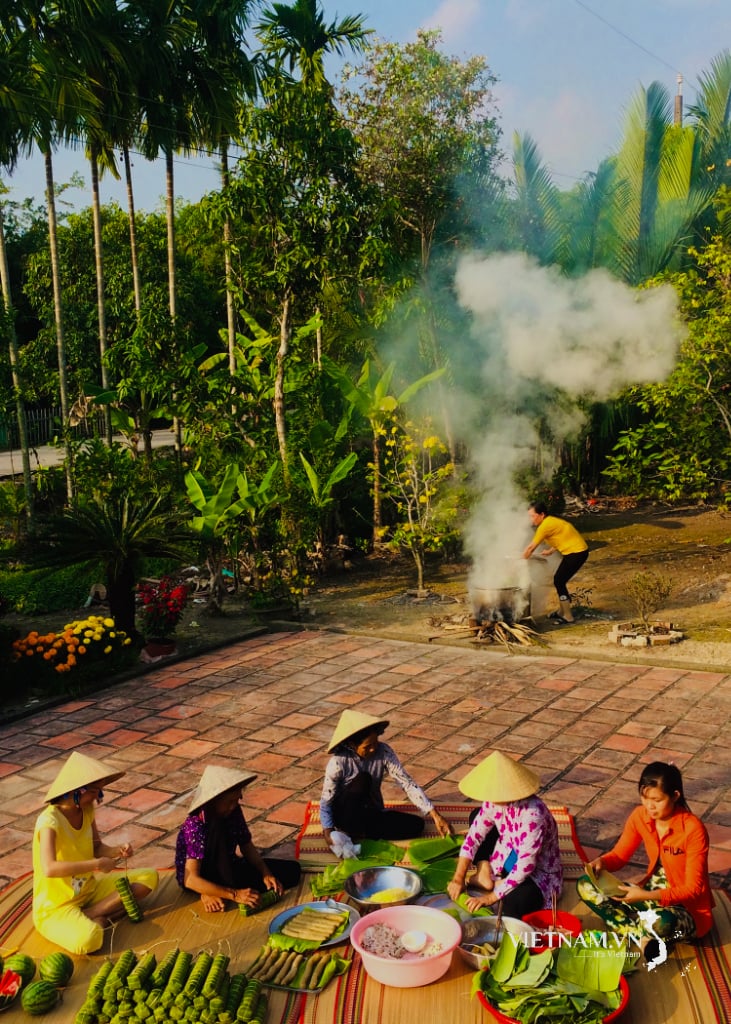
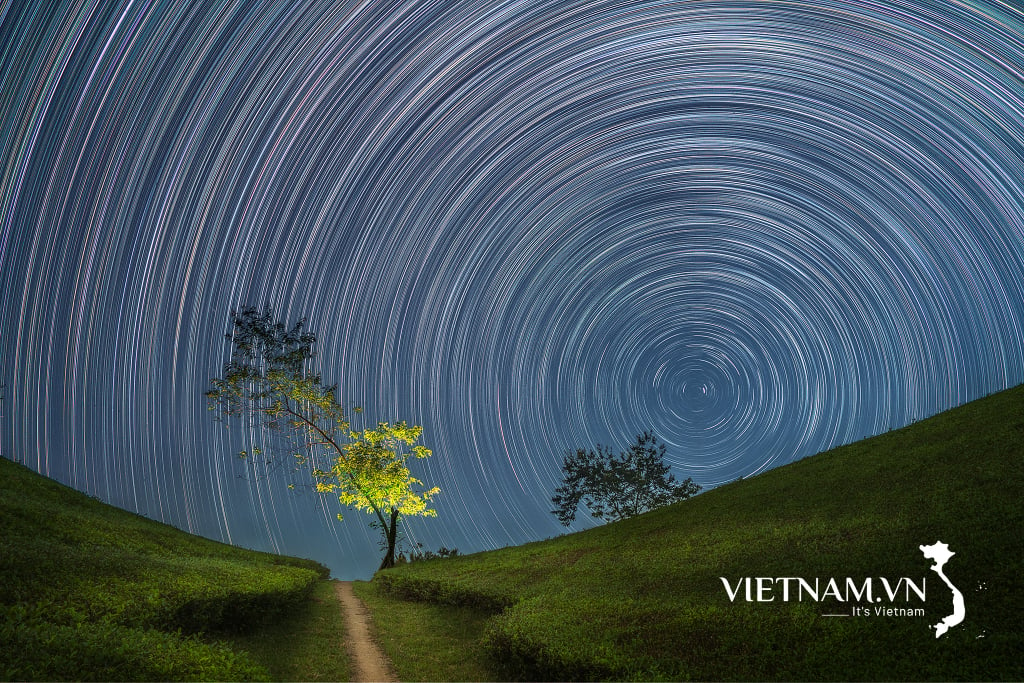
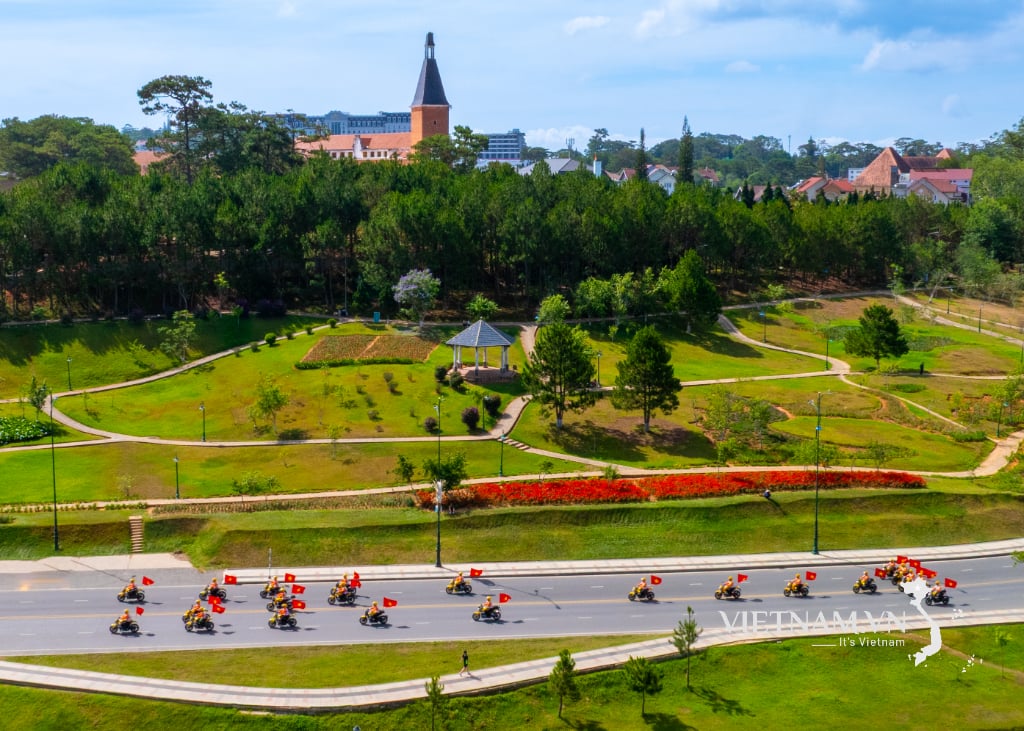
Comment (0)